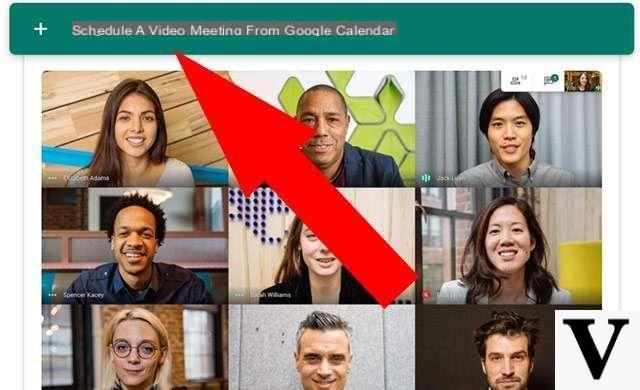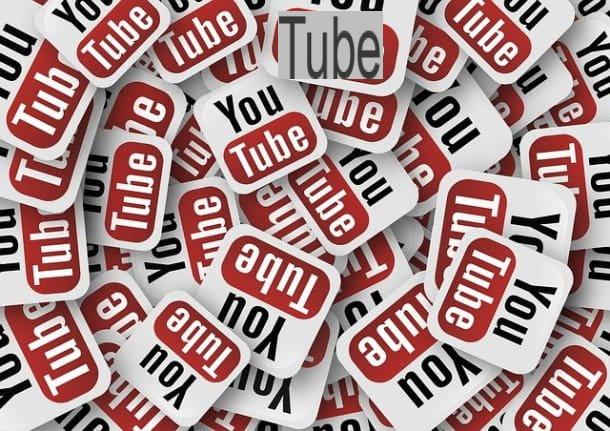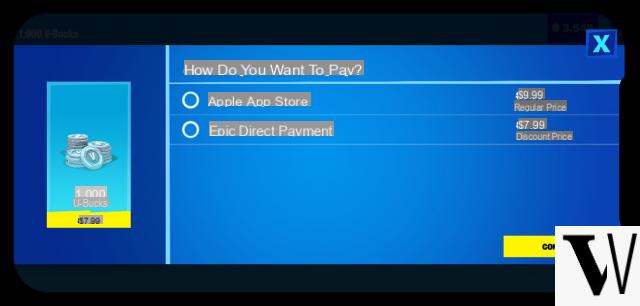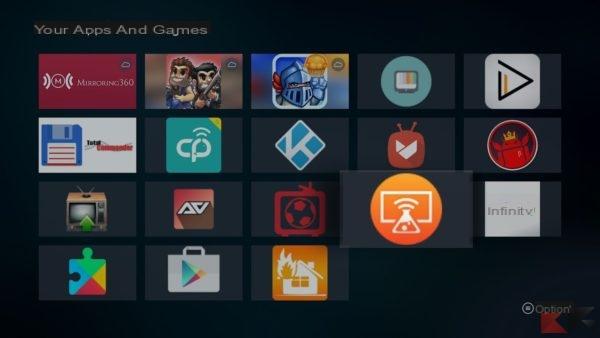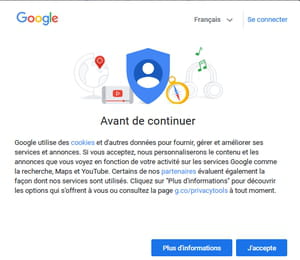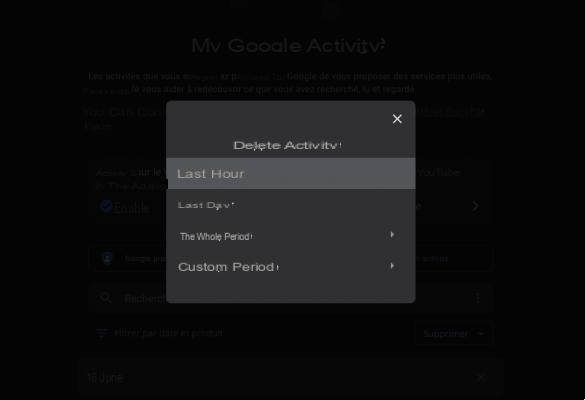If someone were to write a book about Flash 2016, we would like to recommend a title like "The slow, inexorable agony of a technology that has run out of time". Yes, because - albeit very slowly - Flash is no longer in use, supplanted by much more flexible (and secure!) Web mechanisms such as HTML5.
And probably, given the importance that Google and its Chrome browser have worldwide, this will be the coup de grâce: the big Mountain View has announced the intention to change the dynamics of the functioning of Flash in his browser, from default playback (currently in force) at "Click to play".

According to Google itself, this change should go into effect from the fourth quarter of 2016: in practice Flash will be disabled by default and, if the user decides to allow their reproduction on a given site, the browser will remember the preference (a bit like it currently happens by disabling the playback of plugins from the settings).
Most importantly, however, it happens on the server side: i websites will in fact not be able to understand that Google Chrome supports Flash, so they could try to redirect the user to the plugin download page - the browser will be able to intercept this too, asking the user whether to activate the plugin or prevent the content from being played. If so, the page will be reloaded automatically.
However, this change will not apply to all sites: Google has in fact decided to allow by default running Flash on those portals of greater importance which, in part or in whole, still base their operation on Adobe technology.
To be precise, these sites are 10, and they are: YouTube, Facebook, Yahoo !, VK, Live, Yandex, OK.ru, Mail.ru, Twitch and Amazon.
Enterprise users will be able to allow automatic playback of Flash content thanks to a dedicated setting, which will allow it to be uploaded to all sites whose reproduction is not blocked automatically.
At the moment it is not clear how Google wants to implement these changes, however it is clear the intention to give a strong signal to the world of the web and, probably, the coup de grace to a technology that is now used less and less.
But Flash won't disappear overnight, we can all be sure of that.












